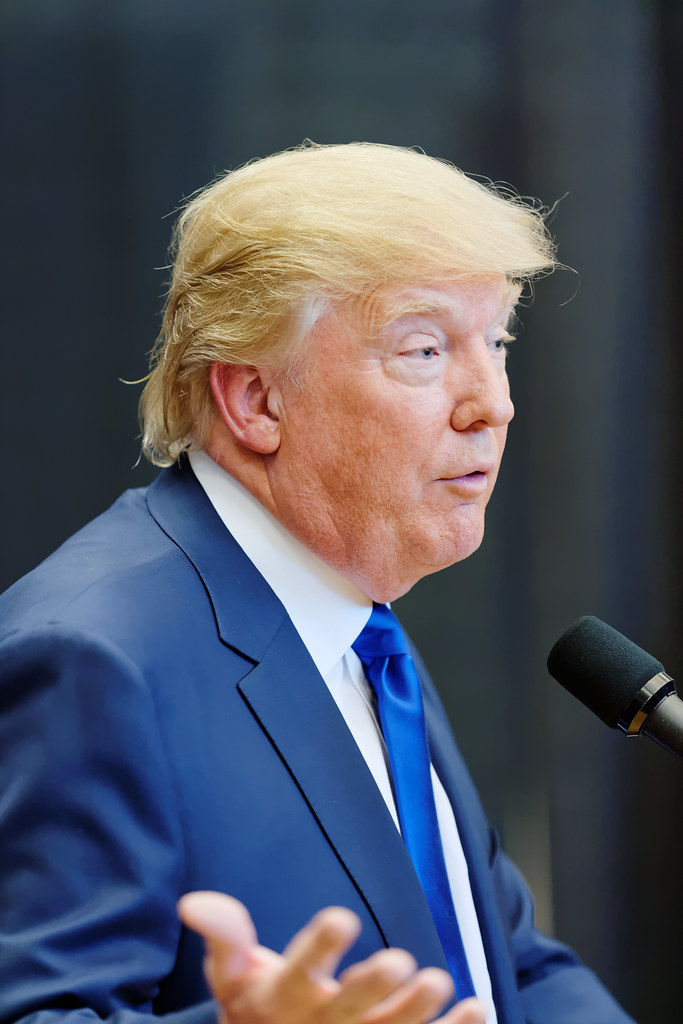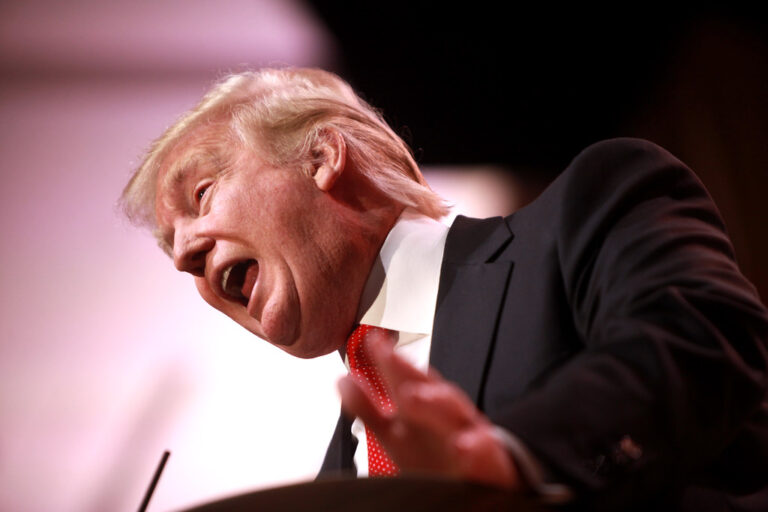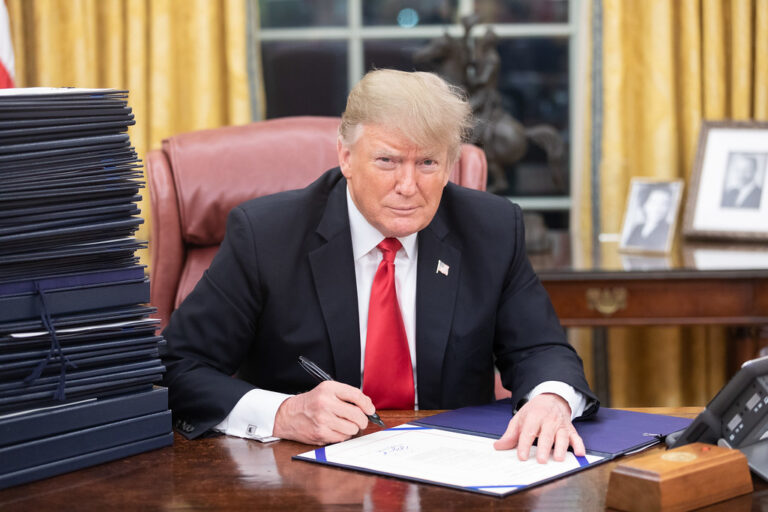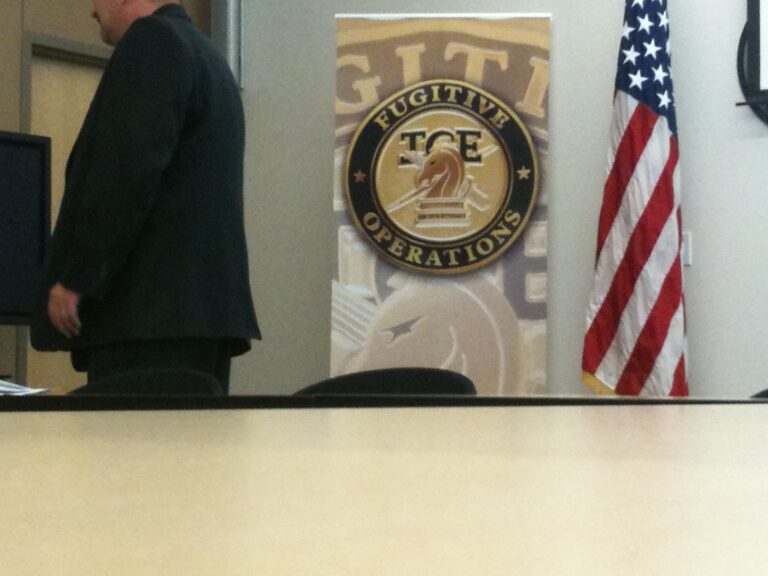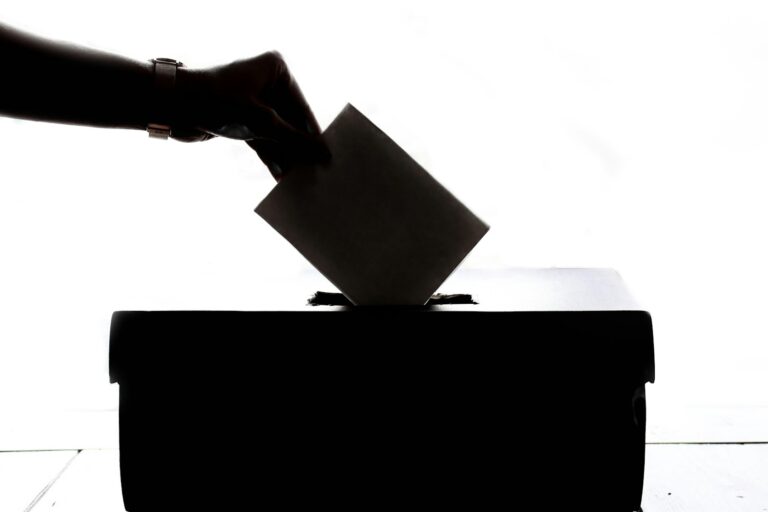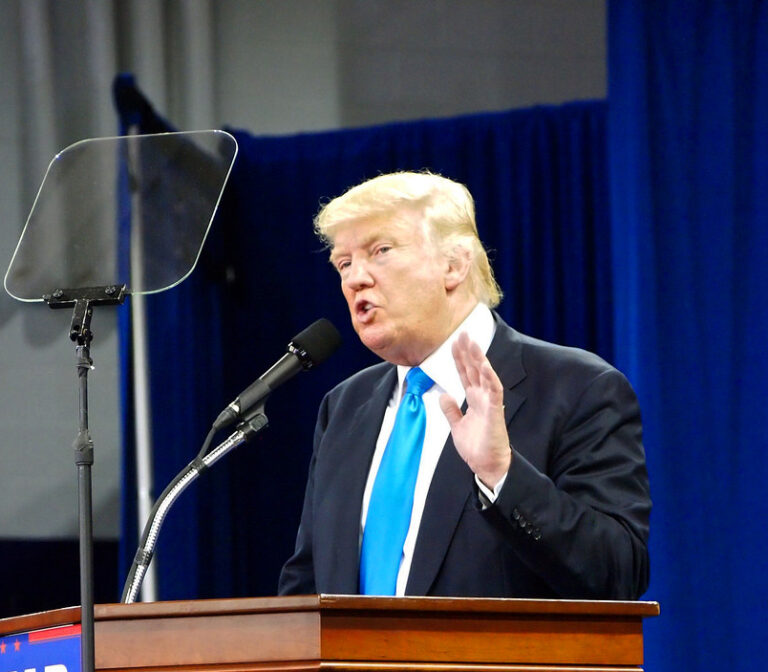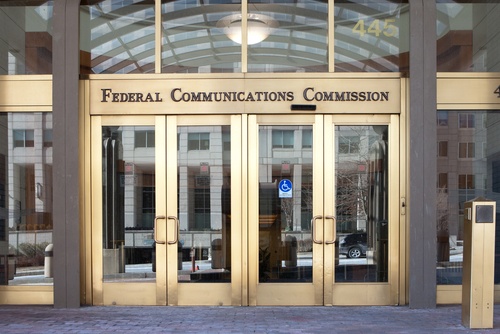Key takeaways
• Critics accuse the plan of selling influence in a pay-to-play deal
• Wealthy donors could have their names etched in the White House ballroom
• The project is privately funded at an estimated cost of $200 million
• Supporters say it is the biggest renovation since Harry Truman’s time
• Opponents warn of potential corruption and legal concerns
A new report reveals that donors to President Trump’s private-funded addition might earn permanent recognition. The plan has left many voices angry and concerned. They call it a “pay-to-play” scheme that could stain the nation’s top residence.
The Ballroom Plans
President Trump wants to add a grand ballroom to the East Wing. This White House ballroom will cover about 25,000 square feet. It will host up to 900 guests at once. Overall, the expansion will total 90,000 square feet. It is the largest White House upgrade since Truman’s time.
The project will cost roughly $200 million. Trump says he will cover the cost with private donations. However, some of his allies will also pitch in. In return, they may get special perks.
Controversial Donor Deals
Under review are perks for those who give big chunks of money. For example, donors may see their names etched in the White House ballroom walls. Alternatively, they might get a spot on a special website. No final decision has appeared yet.
Therefore, critics note that this plan could resemble a campaign realm more than a public space. They argue that permanent naming spots create a direct link between money and power.
Critics Sound Alarm
On social media, former Biden aide Jesse Lee slammed the idea. He compared the new ballroom to Mar-a-Lago, Trump’s private club. He warned that the move could turn the White House into another pay-to-play venue.
Jim Swift, a senior editor, joked that fast food chains might sponsor the new room. He quipped that a burger joint could save taxpayers from boredom. Meanwhile, writer Nick Field asked what would happen if a namesake donor fell into scandal. He raised fears of linking the White House to shady figures.
Furthermore, Digital content manager Ryan Grannan-Doll called it a clear Hatch Act violation. Editor Tom Mallory even shared an image of a bribery definition to mock the plan. These voices show deep concern over naming rights in the heart of U.S. power.
What Happens Next?
No official list of donor perks stands yet. The White House team is still weighing options. They have not ruled out permanent wall etching. They also have not set rules on donor backgrounds.
Consequently, the debate will likely drag on. Lawmakers and watchdog groups will watch for any sign of pay-to-play tactics. They may push for tighter rules or legal action if donors gain undue influence.
Public Reaction
Many people see the White House as a symbol of public service. Thus, they worry about turning it into a branded space. They argue that naming rooms for donors harms trust in government.
On the other hand, some believe private funding can protect taxpayer dollars. They say a private pool of money avoids budget battles on Capitol Hill. Yet, most agree that naming perks need clear limits.
Possible legal challenges may emerge. Groups that track government ethics will inspect the deal. They will test if it violates any anti-bribery laws. If so, they could file lawsuits to block or alter the plan.
Cost and Timeline
So far, the project team says they aim to finish in two years. They plan to start construction next spring. Workers will first expand the East Wing. Then they will install the ballroom itself.
During construction, parts of the East Wing will close. Tours of the White House may pause or change routes. The project team promises minimal disruption. Yet, critics worry about long delays and added costs.
After completion, the new ballroom will host state dinners, events, and fundraisers. If donor names appear on the walls, they will stand as a lasting mark. That is what worries many opponents the most.
Supporters Speak Out
Defenders of the plan note that past presidents renovated the White House with private funds. They point to Truman’s overhaul after World War II. They argue this new work will modernize aging facilities.
Moreover, they stress that naming spaces after donors happens in many public buildings. They claim that the plan follows common practice at universities and museums. Unlike those sites, however, the White House sits at 1600 Pennsylvania Avenue.
Therefore, the defenders say we must trust the president to keep the process transparent. They believe he will avoid giving favors in return. Only time will tell if that promise holds true.
Global Interest
Around the world, leaders watch the White House closely. If donor names appear in the ballroom, foreign governments might note the change in norms. They could echo similar deals at their own executive offices.
Thus, the outcome here could redefine presidential perks for years to come. It might set a precedent for how private funds flow into public spaces. In turn, that could shape debates on corruption and influence everywhere.
Final Thoughts
The debate over the White House ballroom illustrates bigger questions. Should private donors shape the nation’s most famous house? Can naming rights ever sit comfortably in a living museum of history? Will this plan erode trust in government?
For now, plans remain fluid. The White House team must balance fundraising with ethics. Meanwhile, watchdogs and lawmakers will hold them to account. As the project moves forward, every decision will face scrutiny.
Frequently Asked Questions
What is the cost of the new White House ballroom?
Estimates put the price at about two hundred million dollars. The money comes from private donations.
Could donors’ names really go on the ballroom walls?
Yes, one idea under review would etch donor names in the ballroom. No final decision has been made.
Is it legal to name rooms after private donors in the White House?
The plan could face legal challenges under anti-bribery and ethics laws. Watchdog groups will review any naming perks.
How might this affect public trust in the White House?
Many people worry that pay-to-play deals will erode trust. Others believe private funding keeps taxpayer dollars safe.


